There is a theme of resistance. I thought the beauty of free will is love and thought and, and struggle, and here is struggle, and my love for those that do so, for those who turn into the wind and push as hard as they can. Everywhere you see it here: tenacity, attrition…and it makes people glow. It makes me think if you took every person at any given moment and brought them together into a singular point of energy it…Jesus, well, can you imagine? Will this happen? When the universe reaches its apogee, piques, and instantly rewinds in on itself, time and space snapping back, collapsing back, for an instant will we all live our lives again in reverse, every person ever, the individual universe that each person is alight for this instant, a cold blue flame of this struggle and resistance and this love?
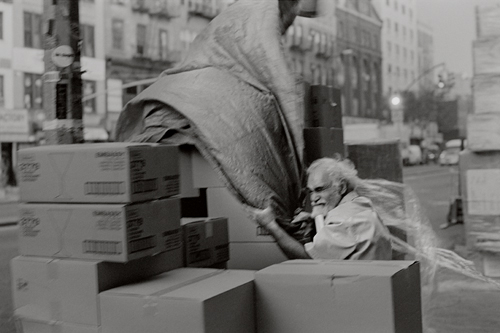
photo: ©Graeme Mitchell, 2007.
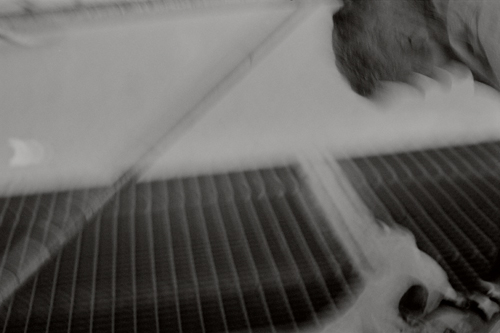
photo: ©Graeme Mitchell, 2007.
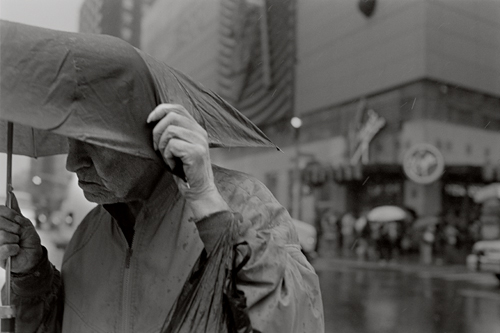
photo: ©Graeme Mitchell, 2007.
This isn’t a matter of romance; what it is a matter of motivation and purpose. The Existentialists gave the simple will too much credit I think. Or maybe they didn’t give the mechanisms we face in life enough. Sisyphus bears the rock for eternity, and that’s a beautiful thing, but the will cannot stand alone , the will needs to be bolstered with hope, love, defiance, with rage against that rock. Ennui and anomie are out of fashion right now.
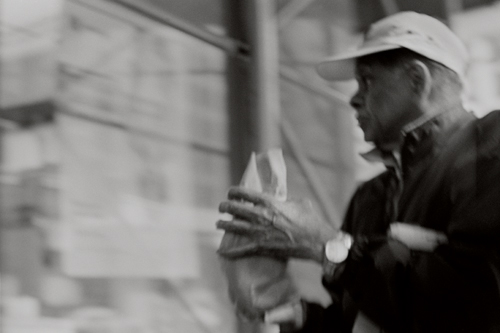
photo: ©Graeme Mitchell, 2007.
This isn’t a philosophy, or even an entire line of thought. What it is is part of an observation.
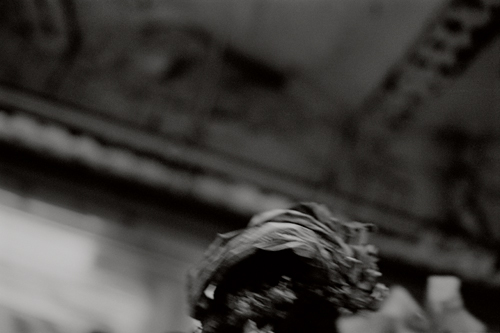
photo: ©Graeme Mitchell, 2007.
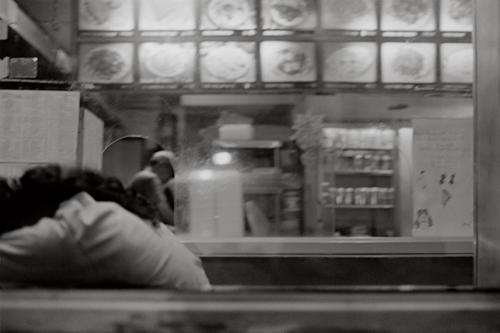
photo: ©Graeme Mitchell, 2007.
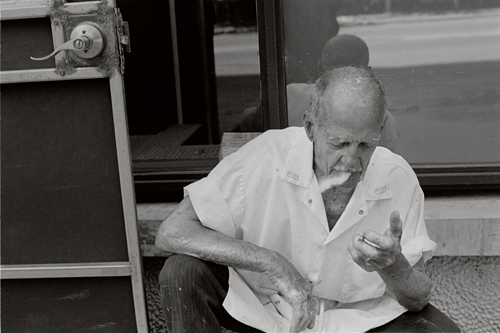
photo: ©Graeme Mitchell, 2007.
And I think this struggle can near often the end in itself, the struggle and the love it’s based upon. We build constructs, artifices of reason to live and die for, love and religion and money and patriotism and art and… The truth of any of these is disputable, but the struggle for them, the resistance against what opposes them or for the fostering of them, it is indisputable.
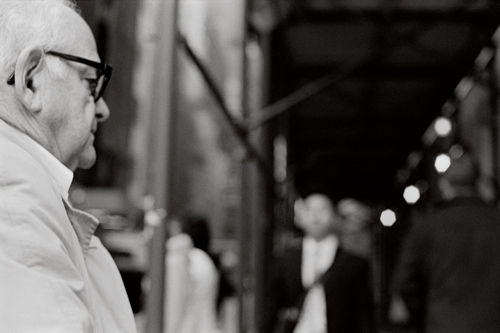
photo: ©Graeme Mitchell, 2007.
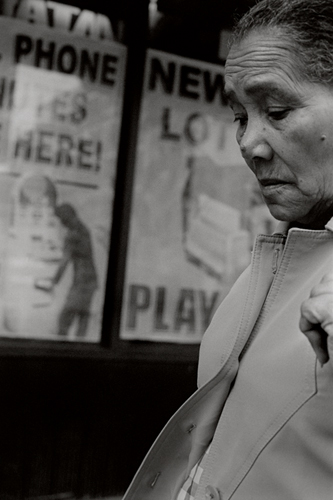
photo: ©Graeme Mitchell, 2007.
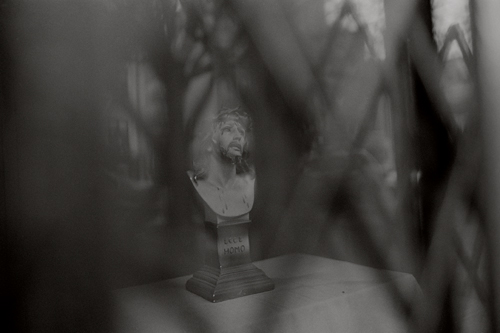
photo: ©Graeme Mitchell, 2007.
The discipline of suffering, of great suffering – do you not know that only this discipline has created all enhancements of man so far? That tension of the soul in unhappiness which cultivates its strength, its shudders face to face with great ruin, its inventiveness and courage in enduring, persevering, interpreting and exploiting suffering and whatever has been granted to it of profundity, secret, mask, spirit, cunning, greatness – was it not granted to it through suffering, through the discipline of great suffering?
From Beyond Good and Evil, section 225, translated by Walter Kaufmann.
This story begins with the sun coming over the top of the old buildings full of the same histories on Bedford Ave spilling warm orange across the street nearly hitting a bench where a young man sits quietly drinking from a deli coffee cup noting the weak city trees and those people passing intently to work throwing long shadows. The young man is in a mood defined by both disillusionment and inspiration.

photo: ©Graeme Mitchell, 2007.

photo: ©Graeme Mitchell, 2007.
Then an old man who’s homeless walks slowly and intently towards the young man. The old man sits next to the young man, and the old man carefully places a small torn plastic grocery bag on his lap. The old man stares ahead, and the young man continues to watch the day’s beginnings unfold.

photo: ©Graeme Mitchell, 2007.

photo: ©Graeme Mitchell, 2007.
After a moment the downtrodden and derelict old man digs into his plastic bag and produces a freshly wrapped log of Oreo cookies. With his spindly fingers and sharp and soiled nails he carefully unwraps the top of the clear plastic that is sealing in the cookies. Before even thinking to touch the top Oreo he holds them over to the young man.

photo: ©Graeme Mitchell, 2007.

photo: ©Graeme Mitchell, 2007.
“Would you like and Oreo,” the old man asks? The young man, turning to look at him politely declines the offer, but not without surprise. You see, you need to understand that this story takes place during a time of fear and greed, and while sharing would seem common place it is, in fact, not , so naturally the young man is taken aback, to the point in fact that this simple offer being so thoughtless and innate that the young man thinks it may be one of the kindest thing he’d ever experienced.

photo: ©Graeme Mitchell, 2007.

photo: ©Graeme Mitchell, 2007.
To return the kind favor the young man offers to get the old man a cup of coffee. “No, thanks,” the old man says kindly. Again, the young man is taken by surprise. How can this old man not want a cup of coffee to wash down those cookies…especially since he probably doesn’t have more than a quarter on him.

photo: ©Graeme Mitchell, 2007.

photo: ©Graeme Mitchell, 2007.
At this moment the sun comes fully onto the pair sitting on the bench, and the young man, still regarding the old man who is now looking off into the sun having forgotten the young man, sees in the old man’s eyes a pure glimmer of contentedness and happiness. The young man sees in the old man a great clarity and peace, as though the old man is a vessel to an ancient secret of life. And it occurs to the young man, if he’d a million dollars to offer the old man, the old man would probably not turn from the sun and would probably give the same soft decline as he gave to the cup of coffee.

photo: ©Graeme Mitchell, 2007.

photo: ©Graeme Mitchell, 2007.
The old man continues to look into the warming sun; placing a cookie carefully in his soft and nearly toothless mouth. The young man turns from the old man and watches as more masses work their way towards the trains.

photo: ©Graeme Mitchell, 2007.

photo: ©Graeme Mitchell, 2007.

photo: ©Graeme Mitchell, 2007.

photo: ©Graeme Mitchell, 2007.

photo: ©Graeme Mitchell, 2007.

photo: ©Graeme Mitchell, 2007.

photo: ©Graeme Mitchell, 2007.

photo: ©Graeme Mitchell, 2007.

photo: ©Graeme Mitchell, 2007.

photo: ©Graeme Mitchell, 2007.

photo: ©Graeme Mitchell, 2007.
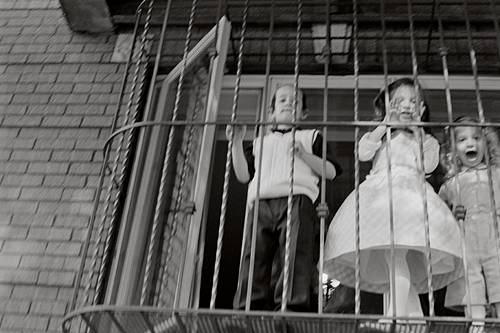
photo: ©Graeme Mitchell, 2007.
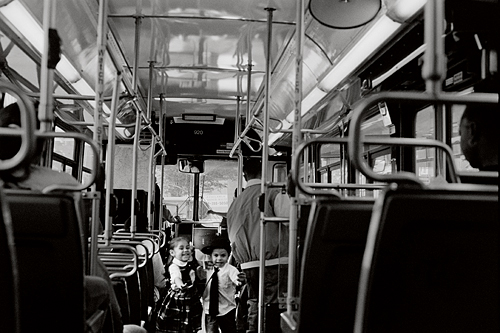
photo: ©Graeme Mitchell, 2007.
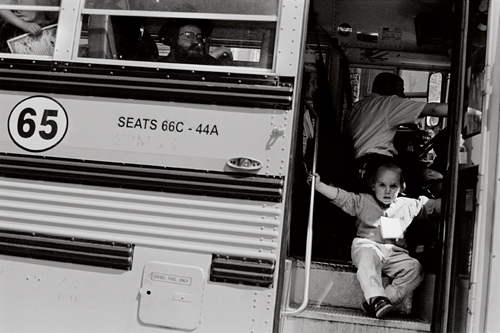
photo: ©Graeme Mitchell, 2007.
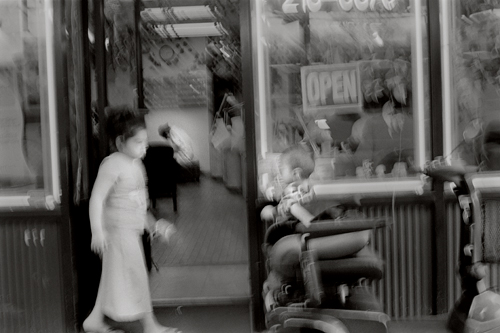
photo: ©Graeme Mitchell, 2007.
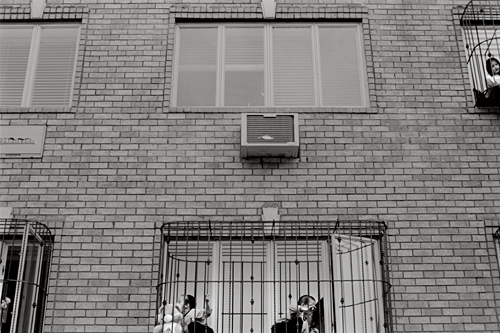
photo: ©Graeme Mitchell, 2007.
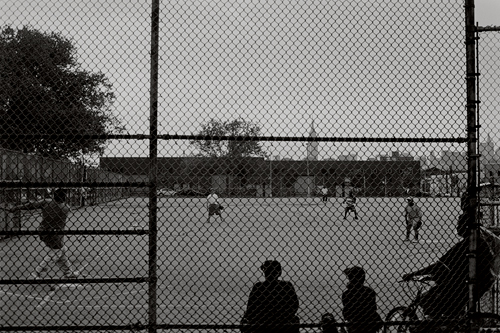
photo: ©Graeme Mitchell, 2007.
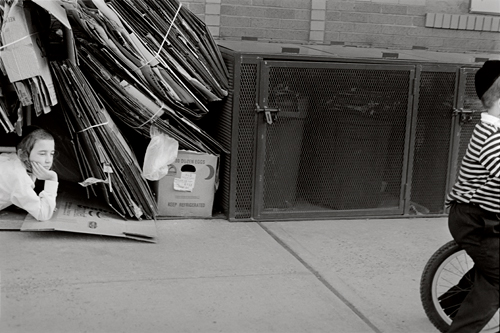
photo: ©Graeme Mitchell, 2007.
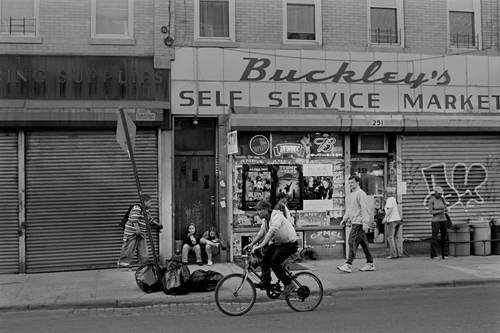
photo: ©Graeme Mitchell, 2007.
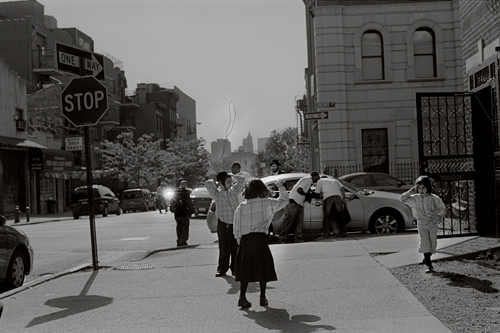
photo: ©Graeme Mitchell, 2007.
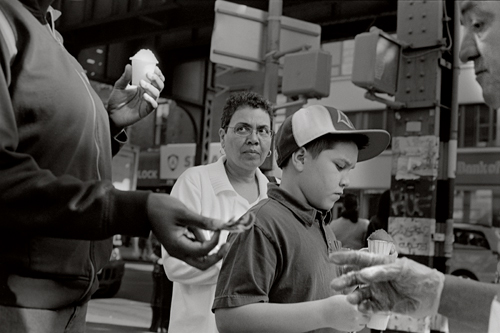
photo: ©Graeme Mitchell, 2007.
After the mention of Gaddis in the last post I wanted to offer this sentence in addition, from Carepenter’s Gothic. This is beautiful writing, the sort of sentence that one can read over and over…the simple act of reading it aloud makes life itself more beautiful…
From the terrace, where she came out minutes later, the sun still held the yellowing heights of the maple tree on the lower lawn’s descent to a lattice fence threatening collapse under a summer exuberance of wild grape already gone a sodden yellow, brown spotted, green veined full as hands in its leaves’ lower reaches toward the fruitless torment of a wild cherry tree, limbs like the scabrous barked trunk itself wrenched, twisted, dead where one of them sported wens the size of a man’s head, cysts the size of a fist, a graceless Laocoon of a tree whose leaves where it showed them were shot through with bursts neither yellow nor not, whose branches were already careers for bittersweet just paling yellow, for the Virginia creeper in a vermilion haste to be gone.
–Carpenters Gothic. ©William Gaddis, 1985. Viking Penguin Edition. Page 36.
And a Matisse,

Landscape at Collioure. Henri Matisse, 1905
The incessant media on what art is selling for unsettles me. Not b/c of the dollar amounts. Gawd, not at all. I think this stuff is priceless. But b/c what it does is perpetuates the, most often, inane myth of the celebrity artist and, more profoundly, the not inane at all mechanisms of Foucault’s “author function.” Not that there’s anything wrong with these two things if you’re also talking about the work, but when discussion of the work is completely overlooked…
Think. What if all art, all literature, all music was stripped of it’s maker, as though it existed in an ideal of formalism, w/o context or name, and it became entirely its form and the event of experiencing it? Would this change how it affects? Only a hypothetical, since…well the idea of anonymity intrigues me greatly, but so does putting food on my plate…someday I hope I can join Pynchon on an island somewhere, be neighbors and never know it.
As I’m reading JR right now, this is a fitting Gaddis quote:
I feel like part of the vanishing breed that thinks a writer should be read and not heard, let alone seen. I think this is because there seems so often today to be a tendency to put the person in the place of his or her work, to turn the creative artist into a performing one, to find what a writer says about writing somehow more valid, or more real, than the writing itself.
-from his Nation Book Awards acceptance speech for JR in April of 1976

Andy Warhol, Green Car Crash, 1963.

Mark Rothko, White Center, 1950, Private Collection
Nick Knight has a really gorgeous spread w/ Naomi in this months Visionaire magazine (#47). You can see more pics from the story here. Mainly it impresses me b/c it’s one of those ideas that so so easily could have been a disaster. I believe the reason it isn’t is b/c Nick’s work has refinement, and it also concentrates on reductionism. It is a strong idea, parred down to it’s fundamentals and done with great skill. Really killer fashion work, Nick.

photo: Naomi in V #47, ©Nick Knight

photo: Naomi in V #47, ©Nick Knight
My Grandpa, Jack, died. It was my father’s father. Here I want to share – and, please, excuse this father – my father’s rebuttal given at the service:
Eulogy I gave at Grandpa’s funeral:I did not inherit my father’s propensity for public speaking.
Eulogies enumerate the positive. In Jack’s case humor, tenacity, good memory,
and the wise choice to marry a talented, supportive wife. Edith. Mitchell traits.I have been asked to give the rebuttal to the eulogy. What might Jack say in
response, if he could.He might start with: I have come to bury Caesar, not to praise him.
(Shakespeare, Julius Caesar 3,2).Ate too much. Drank too much. Smoked too much. Worked too hard.
Obstinate. Stubborn. Didn’t listen. Didn’t talk too much – why bother when you
are right? All Mitchell traits.Well, with apologies to Bob Marley (not the singer) and Charles Dickens
If you are virtuous and in need you may be visited by three specters
The ghost of Jack o’Lantern Mitchell past,
the ghost of Jack o’Mitchell Lantern present
and the ghost of Jack Mitchell future.To reflect upon my past, your past and your future.
Learn what you will, and act as you must (should).For all others I may simply come back to haunt you permanently.
~
God has Jack traits. Quiet. Doesn’t say much and you don’t know if he is
listeningAnd as we all know Jack seemed to have God like qualities
Now he has matriculated to the next form. one wonders what he and the All
knowing teacher will discuss. And who will listen to whom…
When I read this pride and love swelled my stomach and poured warmth into my chest and throat. When I read it I thought of the saying that you aren’t grown up until your parents pass. When I read it I thought of joking with my father, asking if I could steal it…if he’d mind if I used it at his…but then I wondered if he’s more sensitive than I understand.
I talked with my sister on the phone, her in her house that’s in a town so alone on the map that it is defined by what is not there (“we don’t even have a Starbucks,” she says), and I said, I don’t know if Dad believes in God, or heaven, or…isn’t that something I should know by now? She replied that she’d asked him once and he’d said __…then she added, that was many years ago…b/c minds certainly change in regards such as these don’t they? I was nonetheless impressed she’d the nerve to have asked him. I’m still working it up. Probably it troubles me b/c I don’t know what I’m more scared of, agreeing with or disagreeing with the answer.
I remember specifically the point in my life when I realized my father was human; until that point he’d been an abstraction, an a priori knowledge, a figure that w/o question defined me, a father; then my knowledge named reality and it’s propensities finally enveloped him too, and he became not a father, but my father: fallible, vulnerable, and questionable. It was my first epiphany. It was the point when I began to really love both my parents…a point of origin, if you will, since it seems like the love a child has for their parents is an ongoing journey. No?
I digressed. B/c I’ve nothing to add to death. And I am skeptical of anyone who claims to. But before death, in life, that thing we call love seems like one of the sure good things going, so I thought it worth mentioning. And family is what this comes down to, whoever you call family in life, those definite to you. Here is my family, portraits taken on the side of my parents house, taken the last time for awhile we’d all be together…
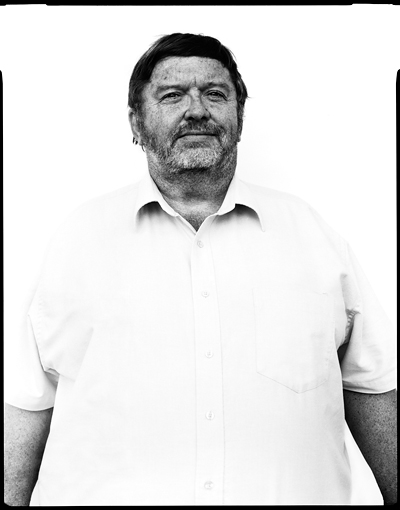
photo: David Mitchell; Canby, OR; 2007. ©Graeme Mitchell.
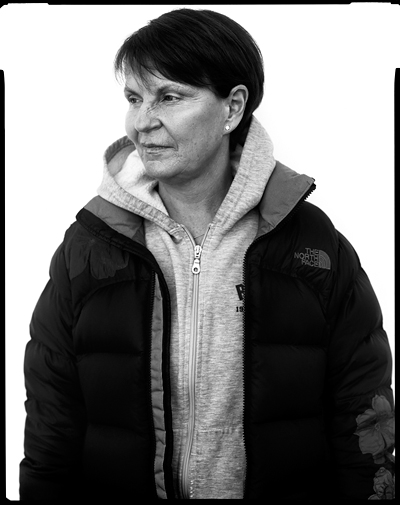
photo: Maureen Mitchell; Canby, OR; 2007. ©Graeme Mitchell.

photo: Erin Mitchell; Canby, OR; 2007. ©Graeme Mitchell.
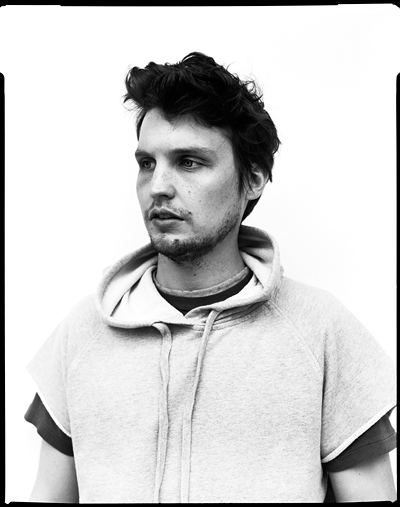
photo: Scott Mitchell; Canby, OR; 2007. ©Graeme Mitchell.
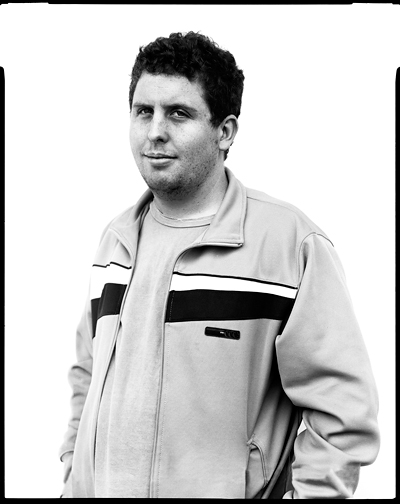
photo: Ian Mitchell; Canby, OR; 2007. ©Graeme Mitchell.
For all the Mums out there, this is one of my favorite Eliot Erwitt photos; I think it’s a summation of everything that is good in life.
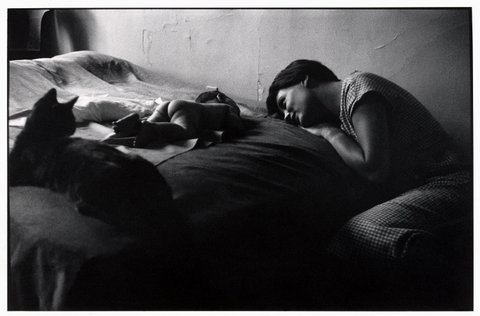
photo: New York – 1953 ©Eliot Erwitt
Indeed, Erwitt sees how life is sweet, and this pours out of his images.
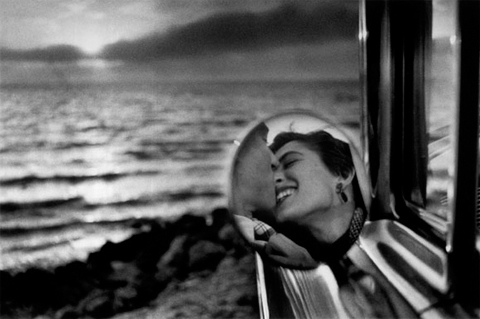
photo: title unknown, ©Eliot Erwitt
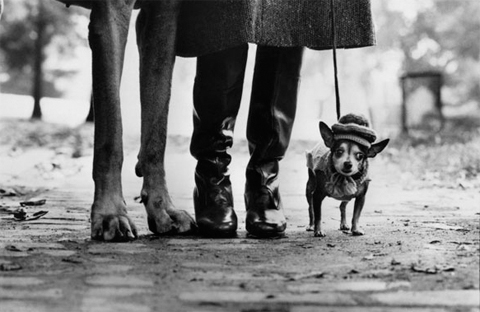
photo: title unknown, ©Eliot Erwitt
One thing I envy about writers is that complete, brilliant endings are possible with their work. Photographers don’t have this opportunity, or good ones most often don’t I think. Photographs are vortices, snippets, transitory wisps…photographs may inspire reveries of endings but not supply them. Whereas writers, writers can spin the sort of ending that is like a divine arm sweeping out in a broad gesture of finality. These are the sort of ending that are nearly guilty of bathos b/c they’re usually the last honest moment where the authors’ earned, after much intelligent constraint, the right to let their form touch upon the sentimental, but they’d never be accused of any affront b/c the ending will moreover function as the final pique to the truths that the writer had built with all the pages that came before. This is all assuming it’s a good ending.
Two of the greatest endings in Literature are F. Scott Fitzgerald’s final page to The Great Gatsby, and the other is the final paragraphs of James Joyce’s short story “The Dead” from Dubliners.
First, Fitzgerald’s picture

photo: no credit info avail, found here
and his final page of Gatsby (quoted from this full text source):
I spent my Saturday nights in New York because those gleaming, dazzling parties of his were with me so vividly that I could still hear the music and the laughter, faint and incessant, from his garden, and the cars going up and down his drive. One night I did hear a material car there, and saw its lights stop at his front steps. But I didn’t investigate. Probably it was some final guest who had been away at the ends of the earth and didn’t know that the party was over.On the last night, with my trunk packed and my car sold to the grocer, I went over and looked at that huge incoherent failure of a house once more. On the white steps an obscene word, scrawled by some boy with a piece of brick, stood out clearly in the moonlight, and I erased it, drawing my shoe raspingly along the stone. Then I wandered down to the beach and sprawled out on the sand.
Most of the big shore places were closed now and there were hardly any lights except the shadowy, moving glow of a ferryboat across the Sound. And as the moon rose higher the inessential houses began to melt away until gradually I became aware of the old island here that flowered once for Dutch sailors’ eyes—a fresh, green breast of the new world. Its vanished trees, the trees that had made way for Gatsby’s house, had once pandered in whispers to the last and greatest of all human dreams; for a transitory enchanted moment man must have held his breath in the presence of this continent, compelled into an aesthetic contemplation he neither understood nor desired, face to face for the last time in history with something commensurate to his capacity for wonder.
And as I sat there brooding on the old, unknown world, I thought of Gatsby’s wonder when he first picked out the green light at the end of Daisy’s dock. He had come a long way to this blue lawn, and his dream must have seemed so close that he could hardly fail to grasp it. He did not know that it was already behind him, somewhere back in that vast obscurity beyond the city, where the dark fields of the republic rolled on under the night.
Gatsby believed in the green light, the orgastic future that year by year recedes before us. It eluded us then, but that’s no matter—to-morrow we will run faster, stretch out our arms farther. . . . And one fine morning——
So we beat on, boats against the current, borne back ceaselessly into the past.
Then there is Joyce’s portrait (which I think is perfect):
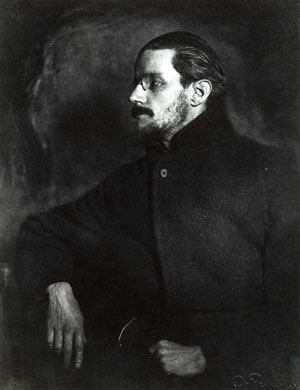
photo: no credit info available, found here
and finally his closing page of “The Dead” (quoted from this full text source).
The air of the room chilled his shoulders. He stretched himself cautiously along under the sheets and lay down beside his wife. One by one, they were all becoming shades. Better pass boldly into that other world, in the full glory of some passion, than fade and wither dismally with age. He thought of how she who lay beside him had locked in her heart for so many years that image of her lover’s eyes when he had told her that he did not wish to live.
Generous tears filled Gabriel’s eyes. He had never felt like that himself towards any woman, but he knew that such a feeling must be love. The tears gathered more thickly in his eyes and in the partial darkness he imagined he saw the form of a young man standing under a dripping tree. Other forms were near. His soul had approached that region where dwell the vast hosts of the dead. He was conscious of, but could not apprehend, their wayward and flickering existence. His own identity was fading out into a grey impalpable world: the solid world itself, which these dead had one time reared and lived in, was dissolving and dwindling.
A few light taps upon the pane made him turn to the window. It had begun to snow again. He watched sleepily the flakes, silver and dark, falling obliquely against the lamplight. The time had come for him to set out on his journey westward. Yes, the newspapers were right: snow was general all over Ireland. It was falling on every part of the dark central plain, on the treeless hills, falling softly upon the Bog of Allen and, farther westward, softly falling into the dark mutinous Shannon waves. It was falling, too, upon every part of the lonely churchyard on the hill where Michael Furey lay buried. It lay thickly drifted on the crooked crosses and headstones, on the spears of the little gate, on the barren thorns. His soul swooned slowly as he heard the snow falling faintly through the universe and faintly falling, like the descent of their last end, upon all the living and the dead.